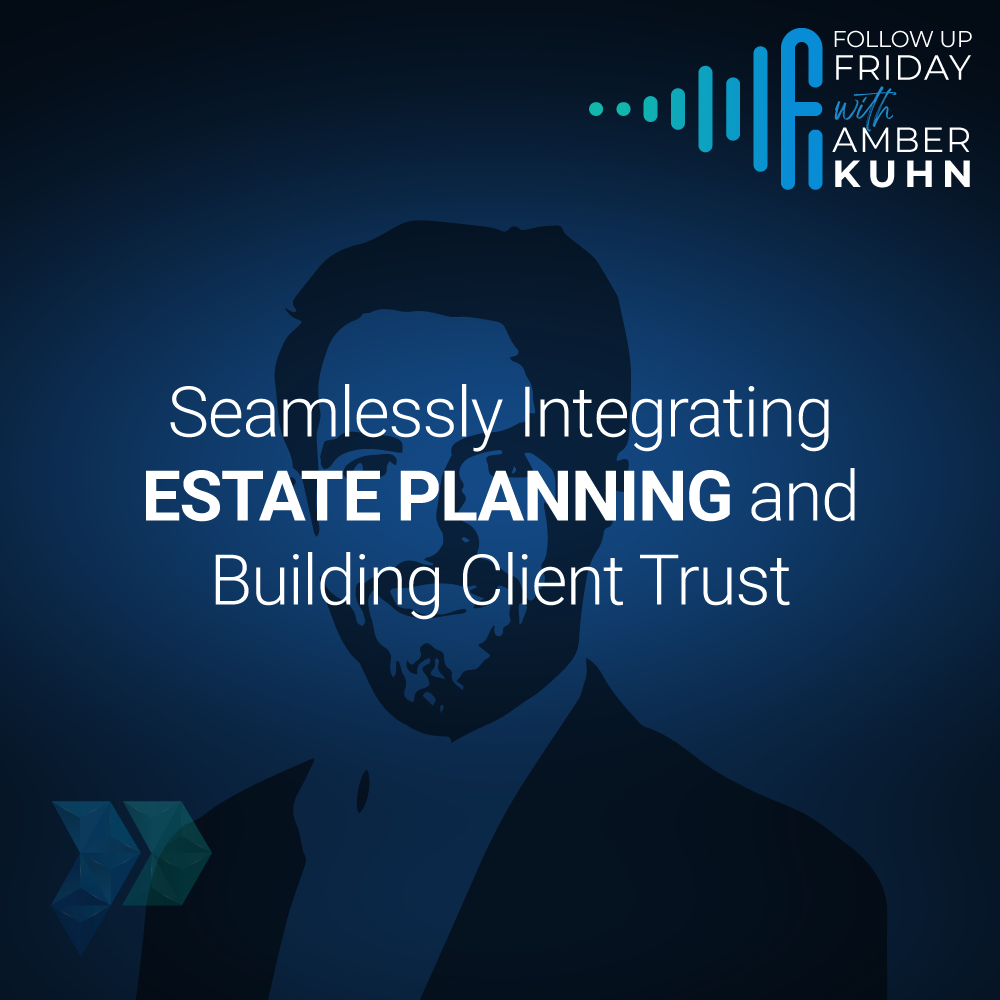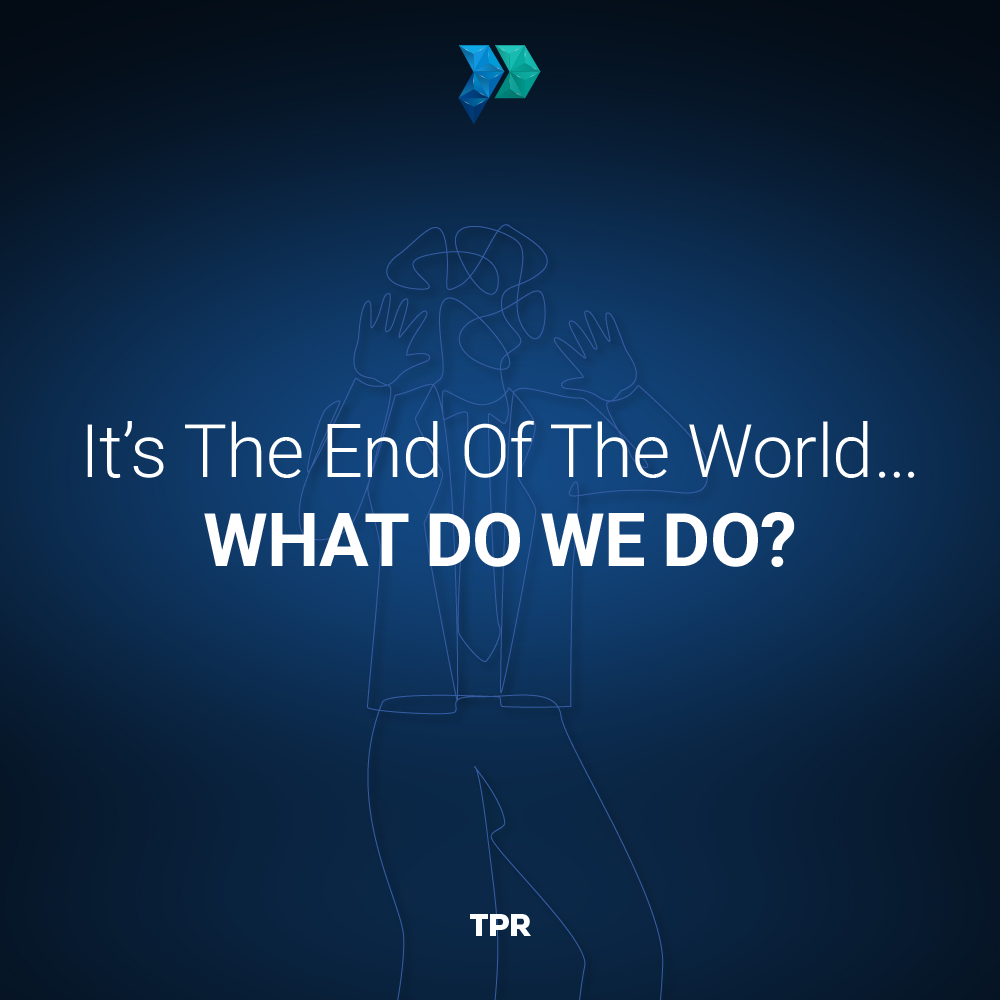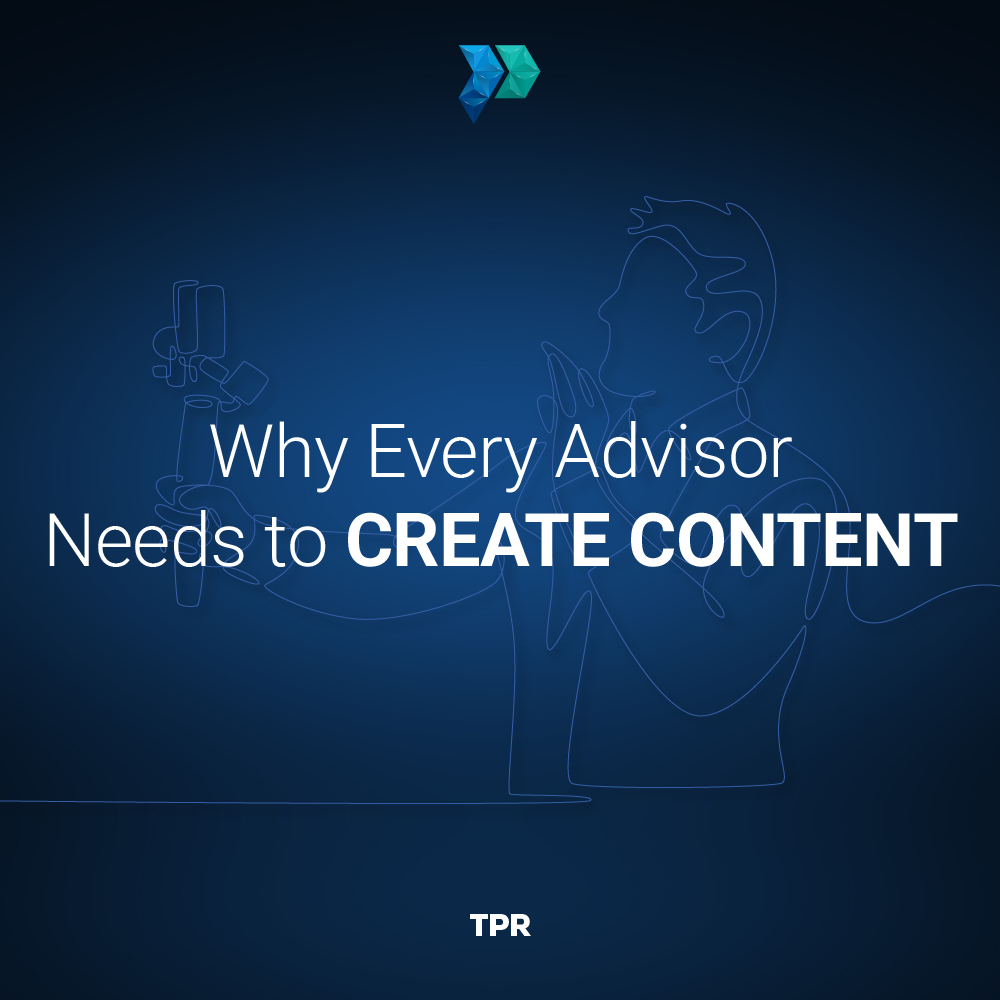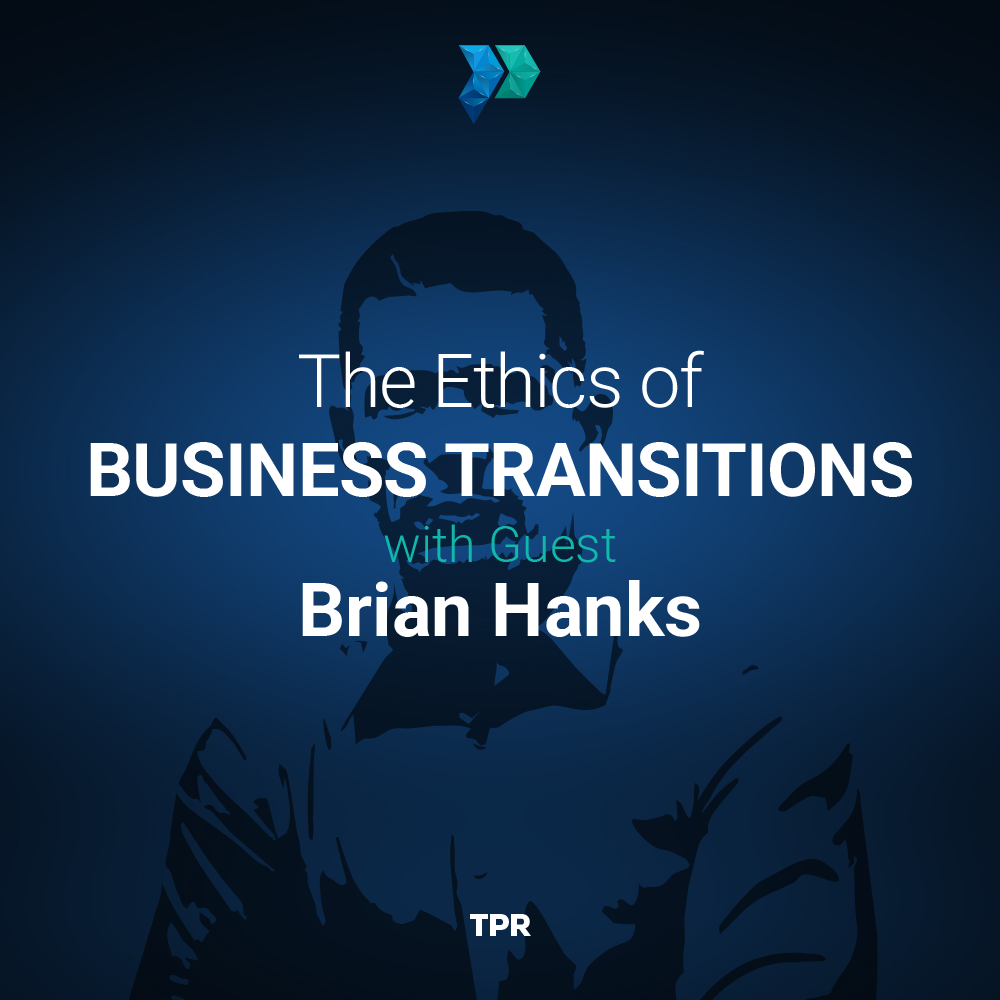What You'll Learn In Today's Episode:
- Advisors need to integrate estate planning into financial plans for clients at all wealth levels, not just ultra-high-net-worth individuals.
- Technology tools like Wealth.com can help financial advisors facilitate estate planning discussions while staying within legal boundaries.
- Advisors can leverage the ‘authority principle’ to build authority and trust with clients.
In this recap episode of The Perfect RIA podcast, Amber Kuhn highlights key insights from this week. On Monday, Danny Lorfink, co-founder of Wealth.com, joined Matt to discuss how their estate planning tool can help advisors provide more value to clients. The platform allows advisors to maintain a “quarterback” position in estate planning discussions without crossing legal boundaries. Financial advisors are encouraged to view estate planning as an essential component of any comprehensive financial plan.
On Thursday, Jamie emphasized the importance of the “authority principle” in building client trust. This approach can be particularly valuable when discussing complex topics like estate planning with clients and helps your clients feel more confident in working with you.
Resources In Today's Episode:
Read the Transcript Below:
Amber Kuhn
Hello TPR nation. This is Amber Kuhn. Thank you for joining me on today’s Follow up Friday, where I’ll be recapping this week’s episode highlights an actions items. On Monday, Matt was joined by Danny Lohrfink, the co founder of wealth.com which is an estate planning tool to help clients get their estate documents done. Danny shared how they don’t spend a lot of money on marketing. Instead, they focus on a brown game approach and word of mouth. He said they like to meet people and marry their technology with a white glove and personal touch. Matt brought up one of the biggest questions that comes from advisors when they’re talking about estate documents with their client, and where’s the line being crossed to legal advice? Danny said that an advisor’s role is to think about their clients holistic wealth picture, and that an estate plan is a book into any good financial plan. So with legacy planning, he said, You need to be talking to your clients about their goals, objectives and concerns. Wealth.com puts advisors in that quarterback position to be able to have those meaningful conversations with clients, and then they take the responses and the liability to translate it to a legal function, and they provide the optimal way to implement it. He said advisors need to understand the line and where they can’t cross, such as drawing up legal documents or even going into wealth.com and typing things in for your clients. He said there’s no room within the advisor community to go outside the bounds. Nothing shared that after talking with an Eno provider at conferences, how they talked about that you can be liable for not advising on taxes and estate planning so advisors can’t just turn a blind eye to helping their clients in these areas, he pointed out that there are still issues outside of the ultra high net worth clients that every one of Your clients and their family members needs a state document. Danny shared some of the success stories that he’s seen with advisors, such as implementing an estate planning checklist as a part of their onboarding process, and how they have a network of trust and estate attorneys in every state. He’s also seen advisors monetize this, where they charge clients for legacy planning sessions, and where they use this as a part of their prospecting. This is another area and way that advisors can deliver more value to their prospects and clients. Let’s get into action items. Visit wealth.com to get a demo and learn more about them and how they can help your practice. Have a way to keep track of your clients and where they are in their estate planning journey and how you can help them in their needs. And unless you’ve done this in the last 12 months, for your next quarter, value add, go through every single client’s estate plan. On Thursday, Jamie was talking about professionalism and the authority principle and why it matters. Now, when you’re done, Jamie recommends that you go out and get credentials, because if you’re older in the industry, you have that experience, but when you’re younger, you just don’t have that until getting credentials can help establish some level of authority. However, she cautioned against getting too many things after your name, because there’s a point where it just won’t mean anything to your client. It’ll disappear that all you do is take tests. Jamie then shared the authority principle, which says that people tend to follow and trust the opinions of perceived authority that signals to someone that this person is trustworthy because they have the privilege of knowing something that you don’t or that you’re restricted from being able to do. So when you hire someone, they’re the person you’re looking to provide the advice so you can make a decision, and you’re transferring the responsibility to the professional. People need this because they don’t like risk or uncertainty. They want to be safeguarded. Jamie then talked about why this is so important to constantly revisit the estate planning conversation, because things change. So they are going through beneficiaries every couple of years. The reason they want to have that hard conversation with clients while they’re both still alive is that it provides emotional relief, and they typically work hand in hand with the estate planning attorney because they know questions will come up and they want to have documentation that any other professional needs. And through this, Jamie said, You stitch yourself into the fabric of your client’s life. It creates earned trust, and it allows your clients to feel more and more confident about working with you. That wraps up this week’s recap. So TPR nation, if you’re looking for more resources, or if you have a question, be sure to email us at lifestyle@theperfectria.com thank you for joining me, and please share this or any of our episodes with another advisor or team who you think might benefit from listening. And be sure to subscribe to The Perfect RIA Podcast so you don’t miss an episode. Until next time, happy planning.








